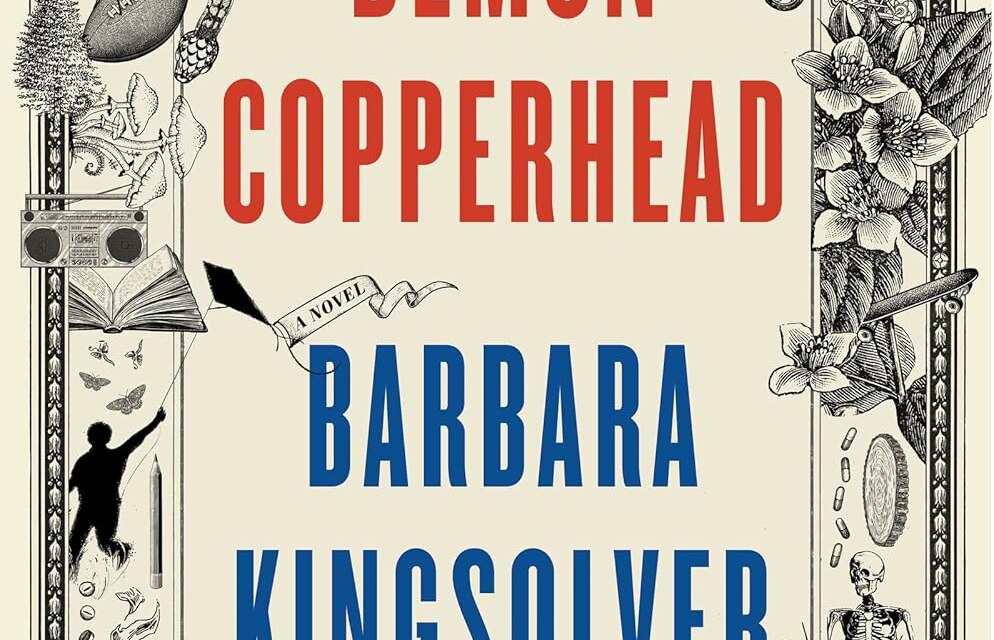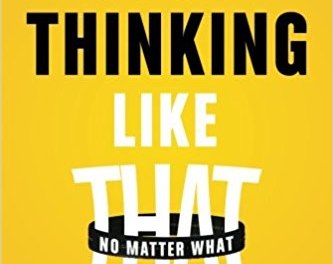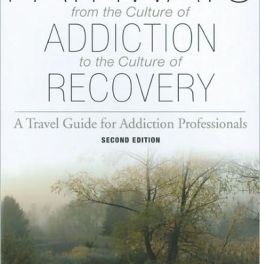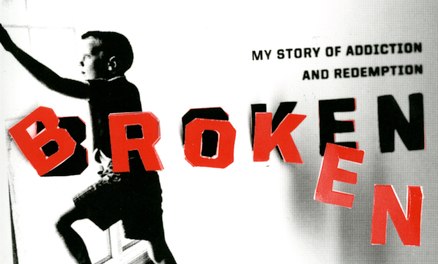If you don’t mind, I’d like to use this post to recommend a novel. Assuming you haven’t already read Demon Copperhead, by Barbara Kingsolver, that is.
The book is a retelling of the Dickens classic David Copperfield, reset in the 1990’s in an area of Appalachia especially hard-hit during the early years of the opioid epidemic.
That was when OxyContin and other prescription painkillers flooded the region and helped to create a whole new generation of addicts— including many women who would eventually turn to the streets and become heroin users. Or today, since we’re in the fourth wave of that same epidemic, they’d be using fentanyl.
Demon Copperhead is fiction, of course, but the kind that is a lot better at illuminating the truth of a complex situation than the usual fact-based account.
Also, it’s a darn good read.
No surprise, then, that the novel was a huge success, commercially as well as critically — it won the Pulitzer Prize, after all. The surprising thing is that the author, who grew up in and around the region, chose to use its earnings to found Higher Ground, a home for recovering women. A resident can stay there in a supportive environment, rebuilding her life, for six months to two years.
For the full story, see this article from The Guardian.
The damage is terrifying’: Barbara Kingsolver on Trump, rural America and the recovery home funded by her hit novel
I imagine the program is very much like we might find at other recovery residences around the country. Some are for adults alone, others serve women along with their minor children.
The idea behind the latter is to remove a major barrier that mothers face when deciding to enter a long term residential program, even when they’re in desperate need. Namely, who’s going to mind the kids? And will they be taken away from me while I’m in treatment, perhaps permanently?
Now, for at least some of these women, we have an answer.













